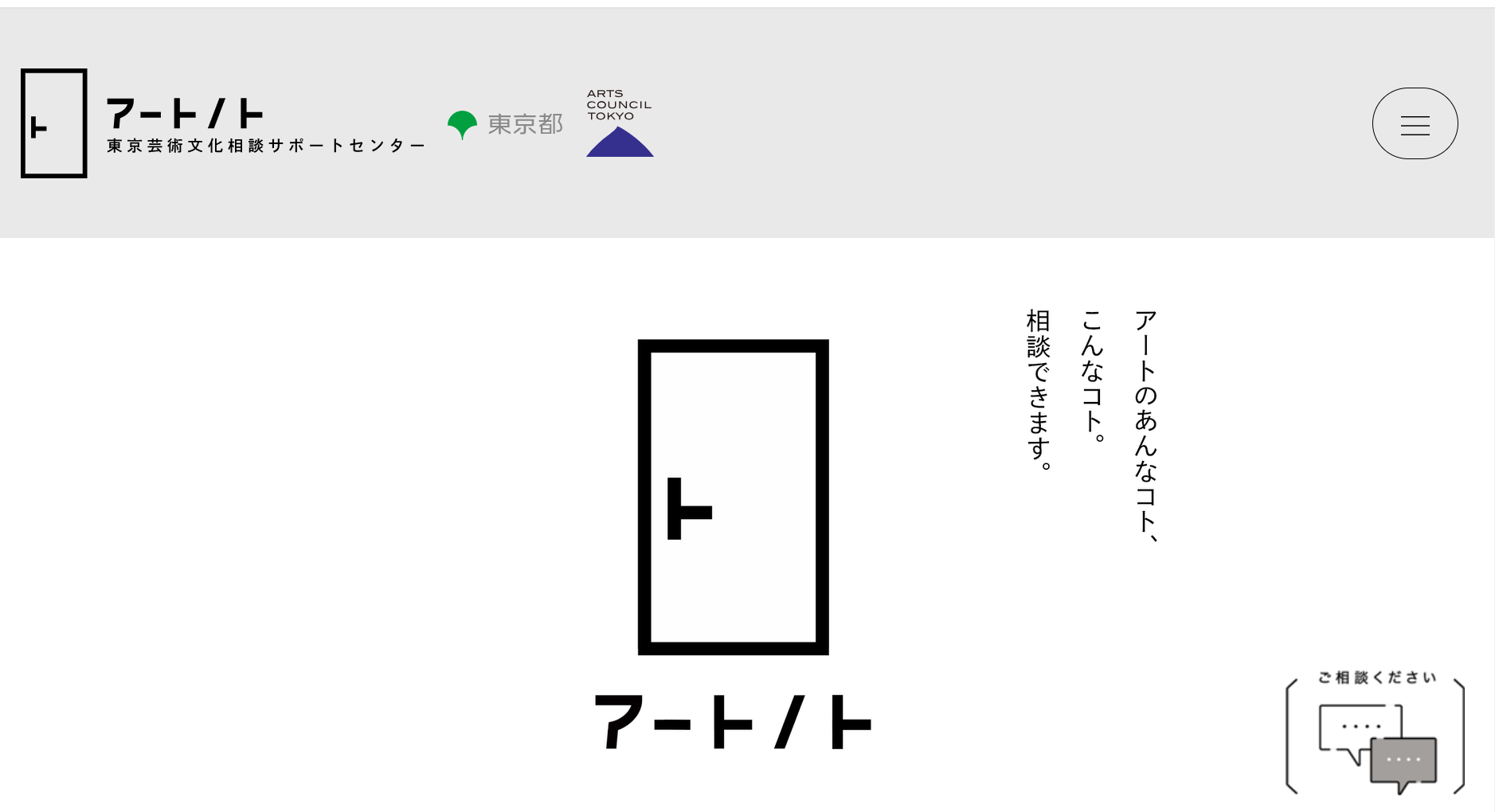Have you heard of the Tokyo Support Center for the Arts and Culture ARTNOTO? This online based project by the Tokyo Metropolitan Government and the Tokyo Metropolitan Foundation for History and Culture’s Arts Council Tokyo supports the activities of artists and cultural practitioners in collaboration with specialists and other professionals.
![]()
![]()
事務局からのお知らせ
Tokyo Support Center for the Arts and Culture ARTNOTO: Comprehensive support for the concerns and issues of artists and cultural practitioners!
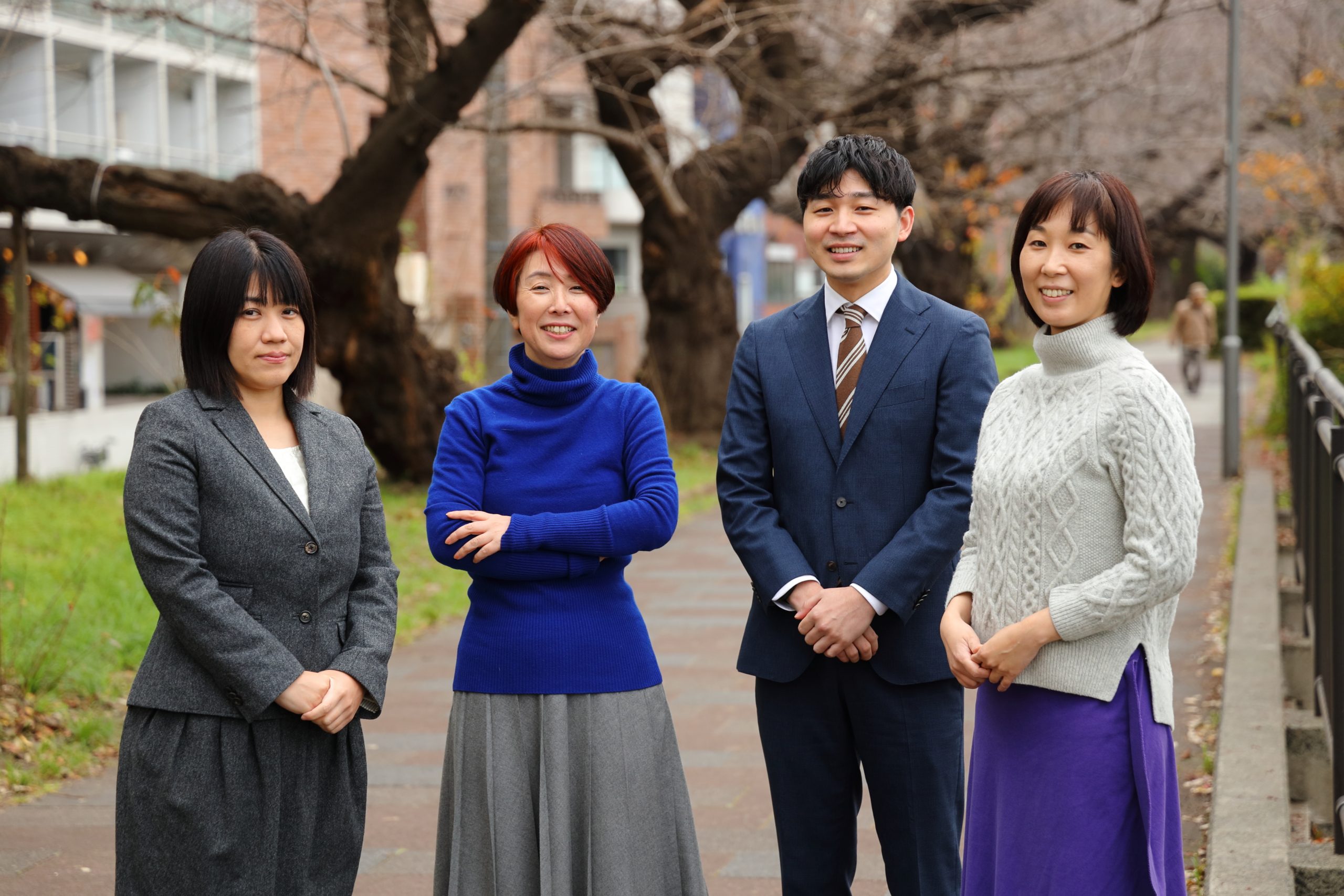
ARTNOTO offers free consultations on a range of issues, including contractual and financial matters and harassment, to artists and practitioners working in the field of arts and culture, many of whom are freelancers or members of small organizations.
We spoke with the members of Consultation and Support Division, Initiatives and Grants Department of the Arts Council Tokyo—the organization that runs ARTNOTO—about specific initiatives they have been involved in since ARTNOTO was launched in October 2023, and where the project is headed.
Supporting the sustainable activities of artists and cultural practitioners
The Tokyo Metropolitan Government and the Arts Council Tokyo have long provided various support to artists and cultural practitioners in the form of grants, human resource development programs, art projects, and so on. However, after the COVID-19 pandemic had revealed, that many artists were struggling to resolve issues by themselves and did not know where to turn for help. To meet this need, the Tokyo Metropolitan Government and the Arts Council Tokyo jointly established the Support Center for Arts and Culture ARTNOTO in October 2023. To support the sustainable activities of practitioners in the field of arts and culture, ARTNOTO functions in three ways: (1) offering a consultation service, (2) providing useful information, and (3) offering learning initiatives. Those consultation services helps artists and cultural practitioners resolve a variety of their concerns and problems.
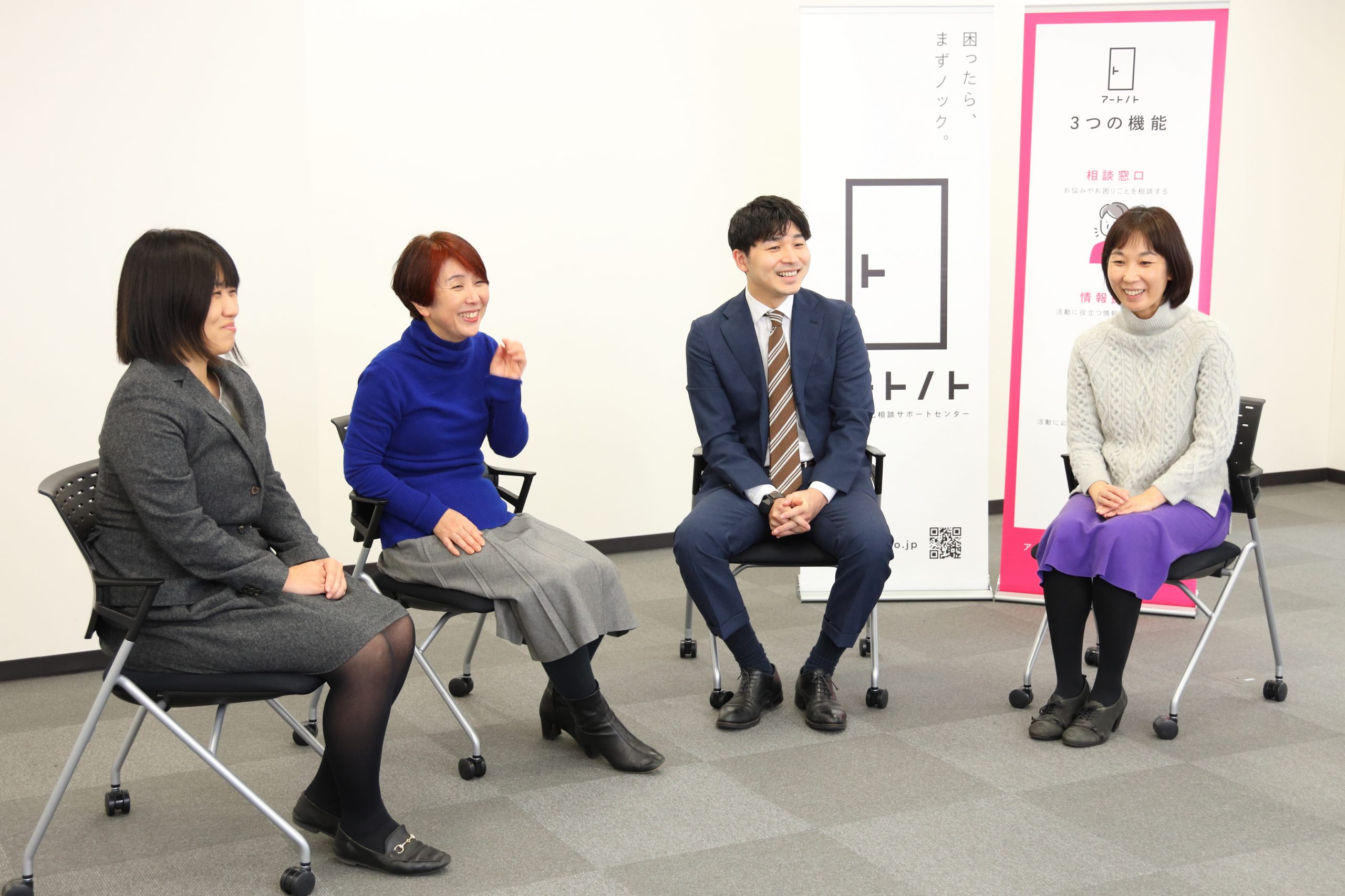
“ARTNOTO supports artists and practitioners involved in the arts by helping them work through their concerns or problems. Since our launch in October, we have received a various consultation on many different topics such as contractual issues to harassment,” says Chie Otsuka.
Chie Otsuka, the manager of the Consultation and Support Division who has experience in the theater and the artistic activities of persons with disabilities. At ARTONOTO, consultants with expertise in the field of arts and culture provide services primarily by phone and online. They work with clients to find solutions to their specific problems, connecting them with outside experts such as lawyers and tax accountants as needed.
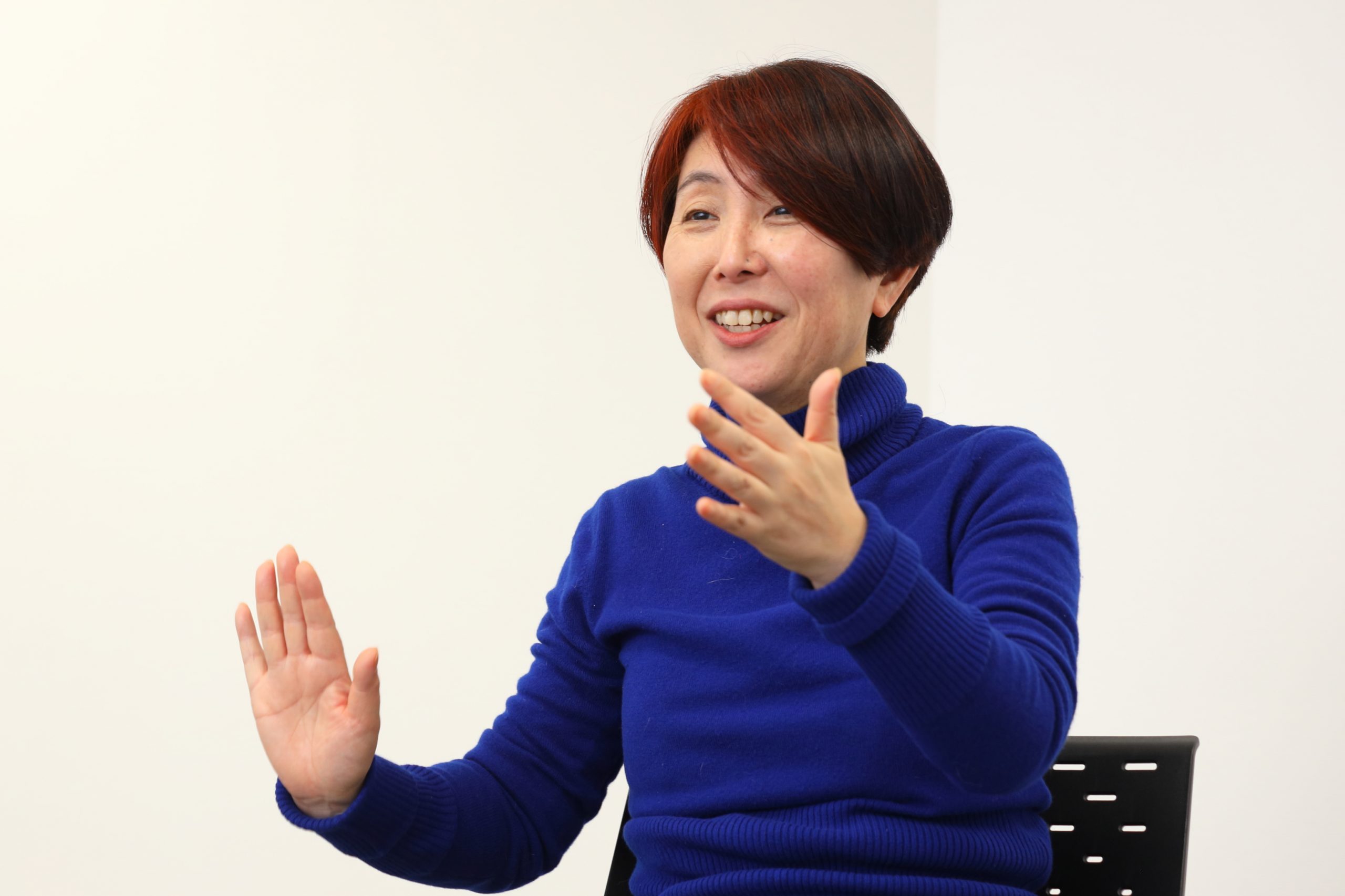
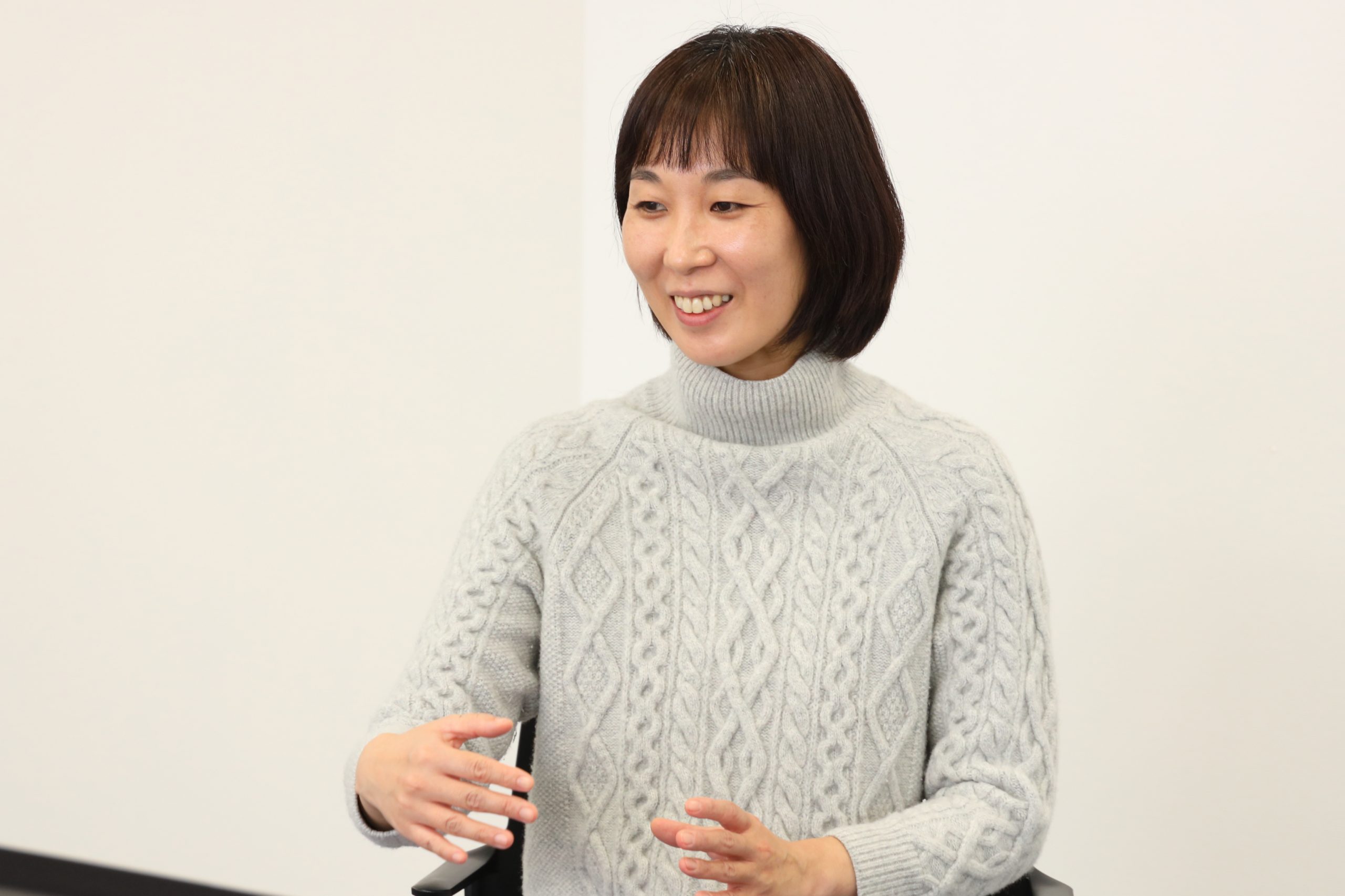
As for the project’s “learning initiatives,” ARTNOTO currently offers lectures on five subjects: legal affairs, business skills, accounting/tax, harassment prevention, and capacity building. “We want to provide learning opportunities for a wide range of people, including those who are confident in their artistic endeavors but not familiar with the administrative procedures and paperworks involved in these activities,” says Mariko Konno, chief of the learning section.
“The legal affairs, business skills, accounting/tax, and harassment prevention lectures are intended primarily to offer learners with practical skills and knowledge necessary to support their creative activities. On the other hand. The capacity building program is designed to deepen their thoughts about the relationship between the artistic activities and society and to hone the ability to verbalize the significance of their activities. We want to offer wide range of programs that can be useful for many people, from teaching practical skills to inspiring people to stretch their activities toward their greater vision.”
ARTNOTO has three functions: offering a consultation service, offering learning initiatives, and providing useful information. These three functions are notable in that “they are closely connected,” says Rio Nakata, chief of the information and resources section in charge of “providing useful information.”
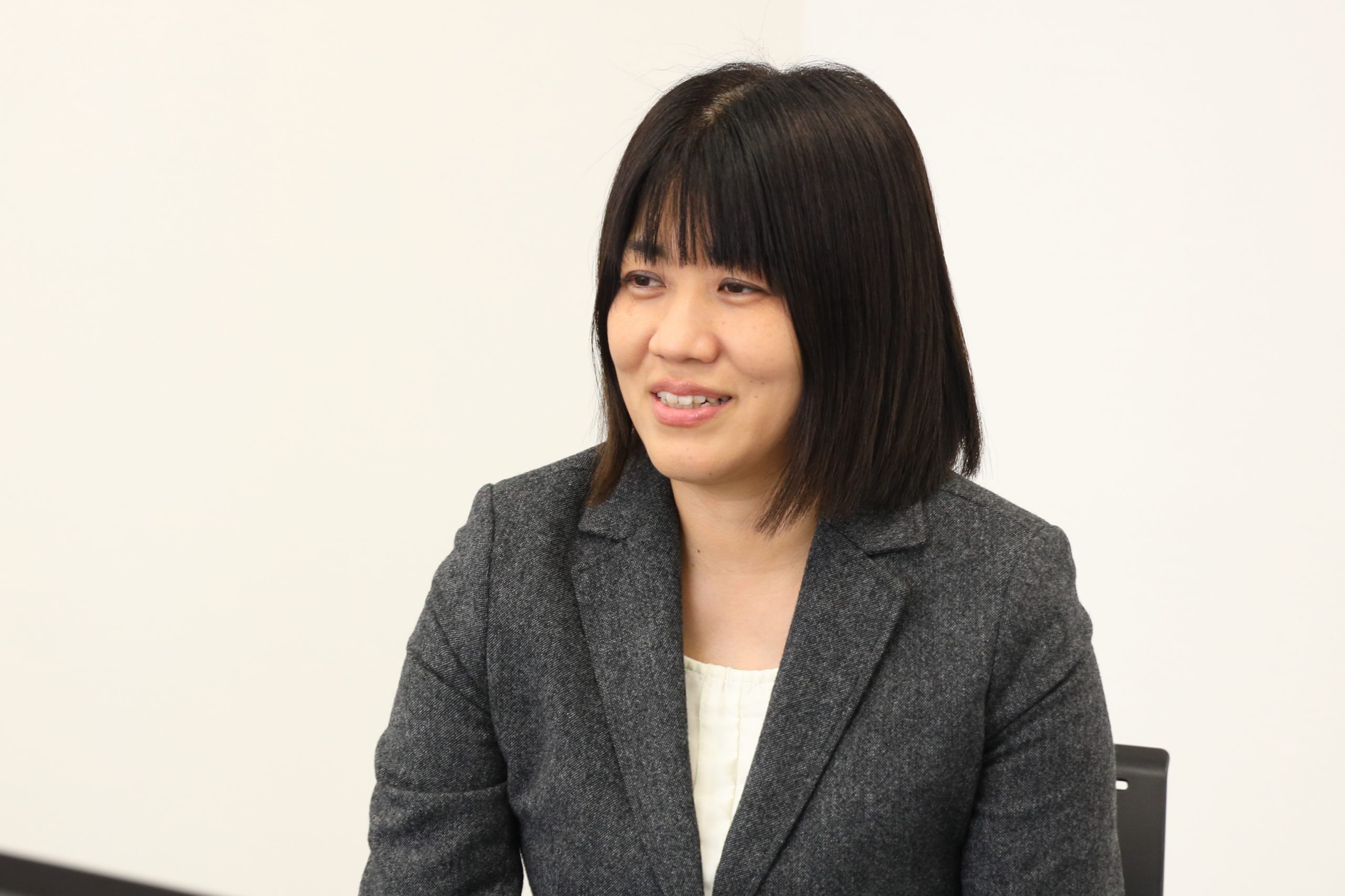
“With the consultation service and the learning initiatives, we are more or less waiting for the client or learner to take action by themselves. On the other hand, our role in providing useful information is to reach out and deliver information to people who are not yet aware of their problems or who has difficulties to obtain the information they need. Receiving reaction such as “I didn’t realize what I was struggling” or “ I want to know more about it.”, We would like to give further information back to those people who have used our consultation service or learning initiatives. I believe it is important to enhance our services by connecting these three functions and driving them together.”
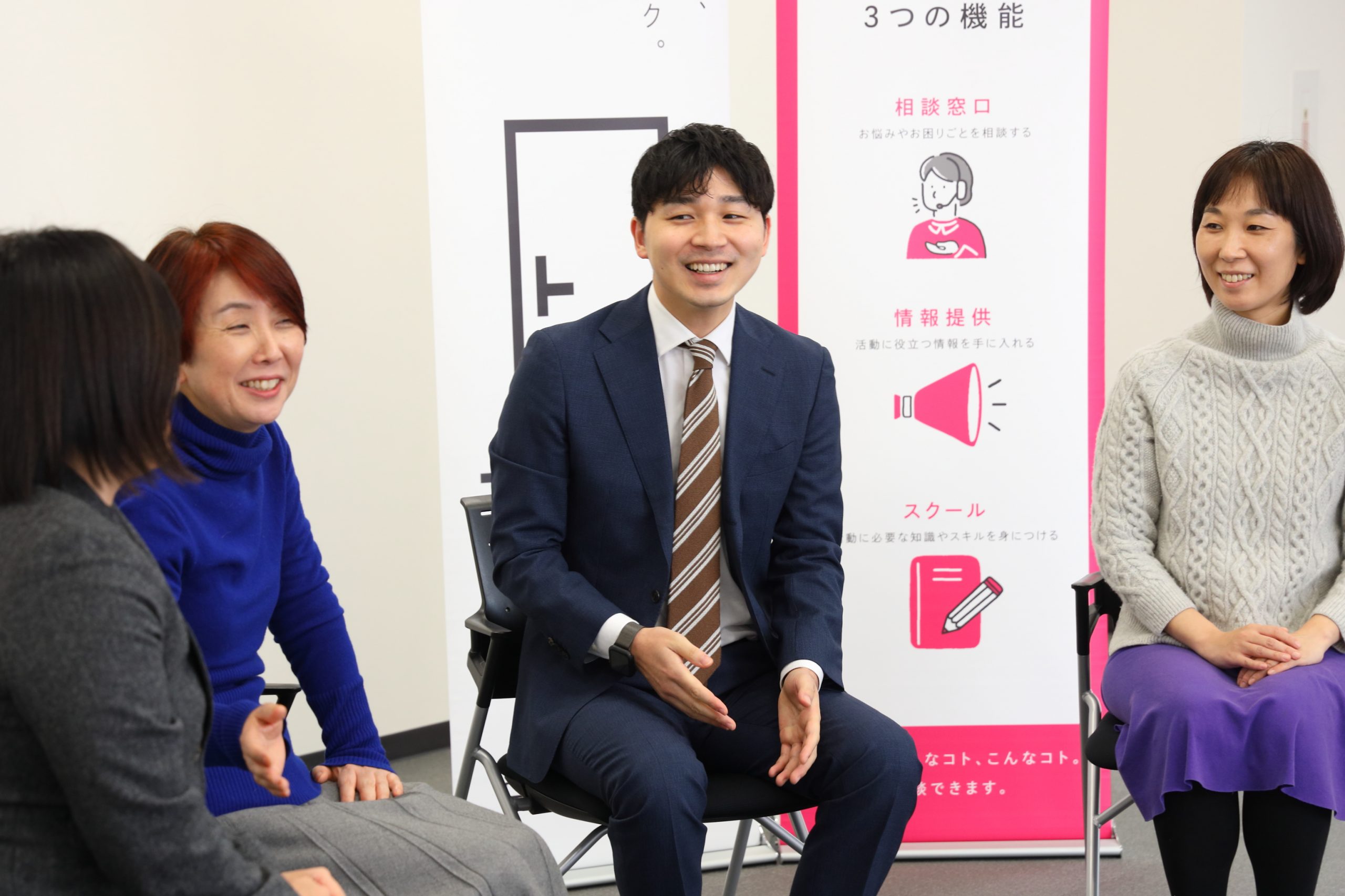
Keita Ito, who is also staff of information and resources section, adds, “I think the strength of ARTNOTO is that we provide various support for people in need of help to reach such as consultation service, learning initiatives, and useful information.”
The nickname “ARTNOTO,” can be translated as “door to art” in Japanese. We named in the hope that opening the door to the support center would lead to finding solutions to various concerns about art and cultural activities, as well as gaining new information and knowledge. “ARTNOTO” can also be translated as “art capital,” reflecting the hope that artists and cultural practitioners will play an active role in making Tokyo one of the world’s leading cities for art and culture.
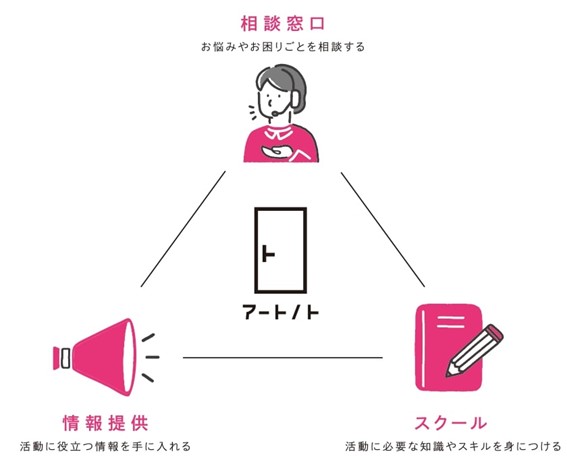
Illustration of ARTNOTO’s three functions: (1) offering a consultation service, (2) providing useful information, and (3) offering learning initiatives.
“It is said that about one-third of all artists and art practitioners in Japan are gathered here in Tokyo. We would like these people to know that a support center like this is available to them. In addition, there are many other organizations including the one that supports freelancers in various ways, regardless of their connection to the arts and culture. In order to reach out to many people, we would like to get in touch with such support organizations that share the view. Above all, we want to make ARTNOTO a place where many of the users would be truly glad to have this place,” says Otsuka.
In recent years, various issues such as harassment have emerged, and the arts world is no exception. For people who work as sole proprietors, it is important to know that a place like ARTNOTO exists so that they can continue to improve their artistic activities.
Introducing the staff on the other side of the door, who are ready to provide various support
The staff of the Consultation and Support Division that manages ARTNOTO are people who have been involved in connecting society with the arts and culture in many ways. We asked each of them about their past experiences and what they hope to achieve at ARTNOTO.
“I want to increase opportunities for contact with people involved in the arts and culture in order to make ARTNOTO a more accessible place.” Keita Ito (staff of “information and resources”)
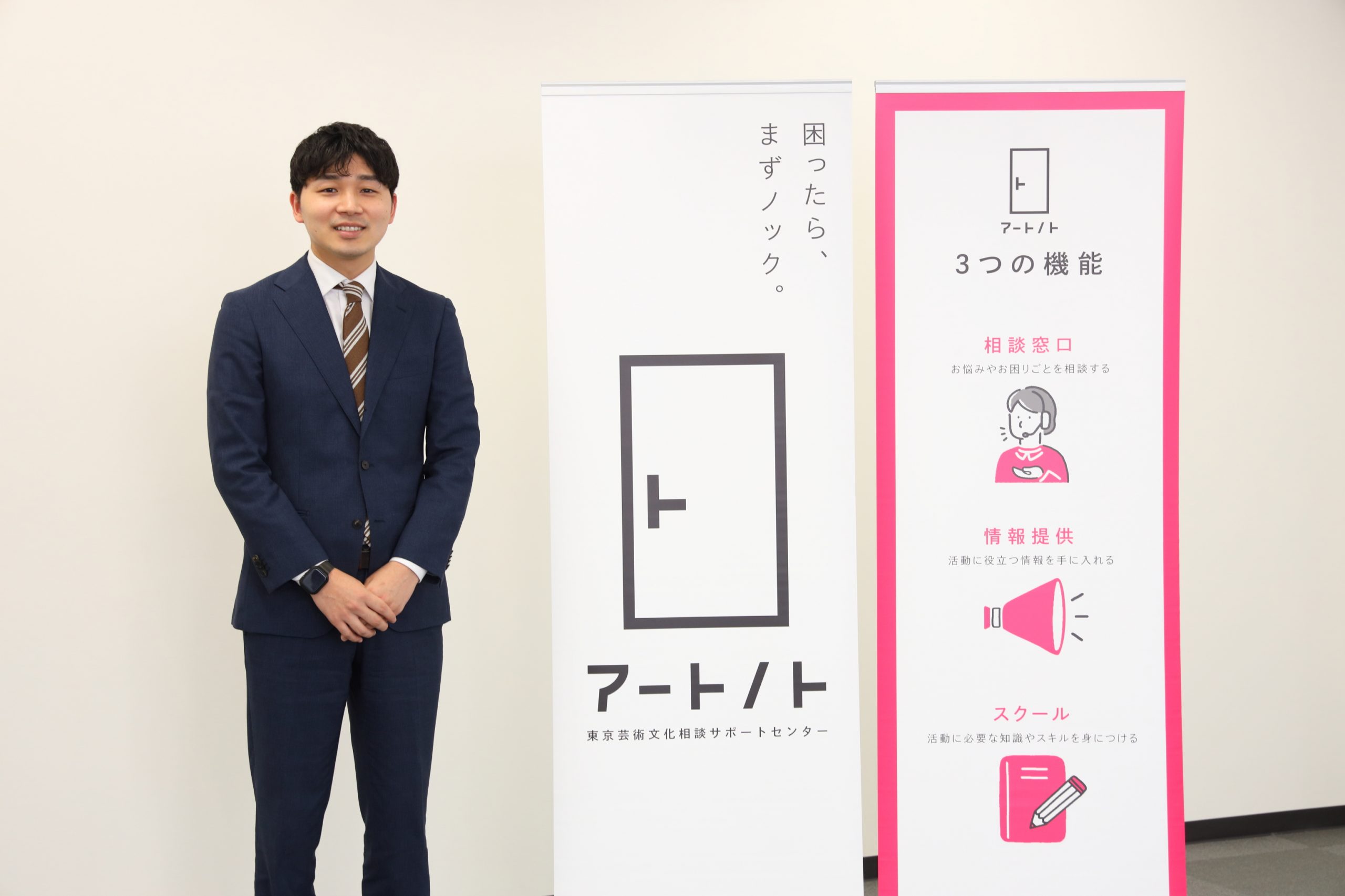
After graduating from university, I worked in artist management with a focus on classical music. I was involved in concert production, sales, and PR handling , and I traveled around the country with the artists and experience the concert revue first-hand. After that, I worked as a public relations officer for a concert hall.
Many activities in the field of arts and culture, not limited to music, are conducted by individuals or small organizations. I know from my own experience that there are many situations that the burden of each individual is significant, and it can be difficult to solve problems alone when they arise. When we say “consultations related to the arts and culture,” some people may get the impression that our consultation service is only for artists. But the door is wide open for people who support artists as well at ARTONOTO.
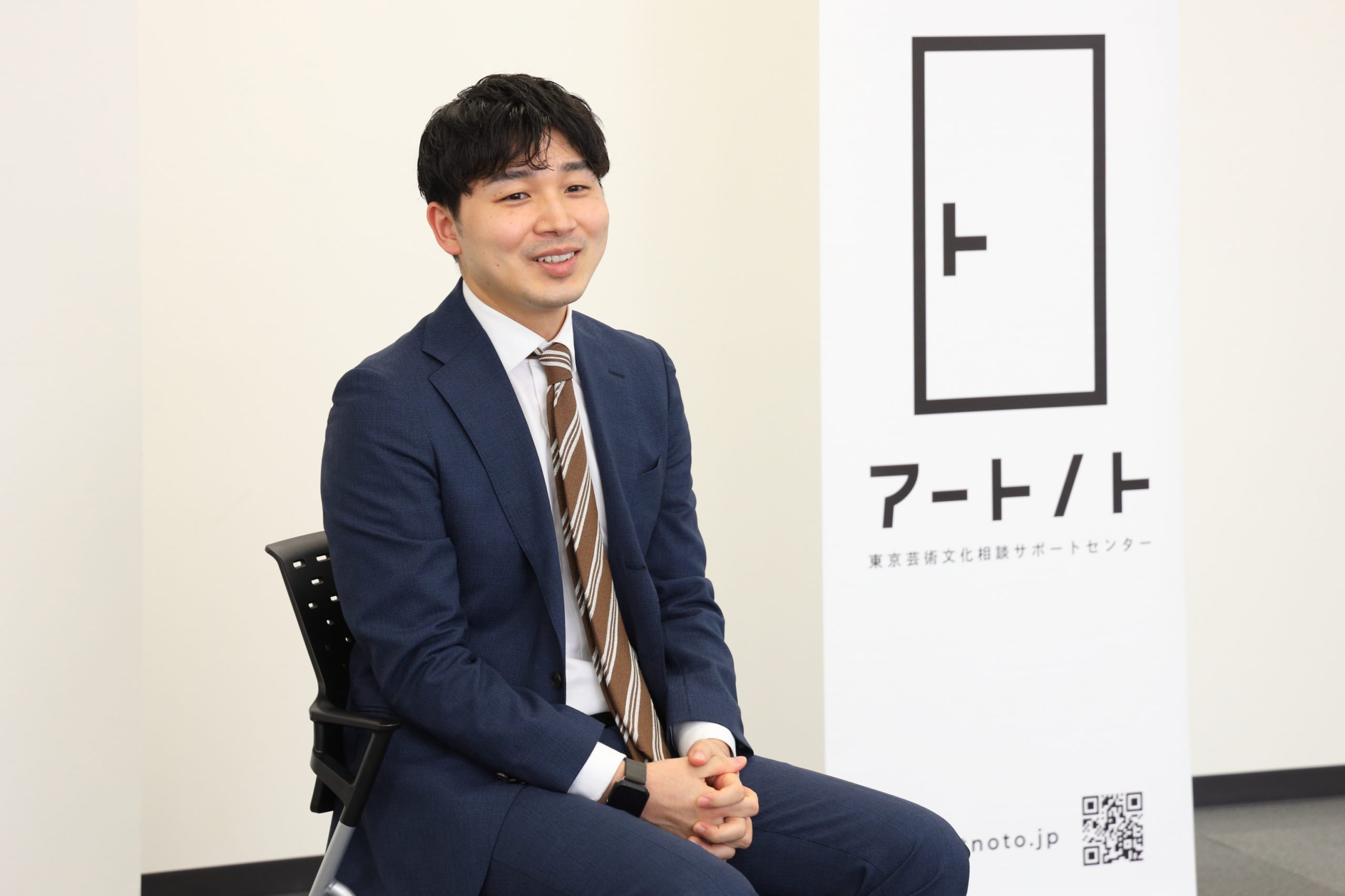
As for our mission to “provide useful information,” we currently share information on our website and create content for our official note.com account and YouTube channel. In the future, we plan to increase the number of communication tools to reach even more people. Another we also attend events where we can introduce ARTNOTO’s initiatives and sometimes even provide consultations on the spot. We did on-site consultations last December and this January and were thrilled to see how putting ourselves out there made it easier for people working in the arts to come to us for consultations. We hope to increase opportunities for contact to make ARTNOTO even more accessible, while continuing to provide useful information to everyone.
“I hope to reach people who might not otherwise be able to find information they need.” Rio Nakata (chief of information and resources”)
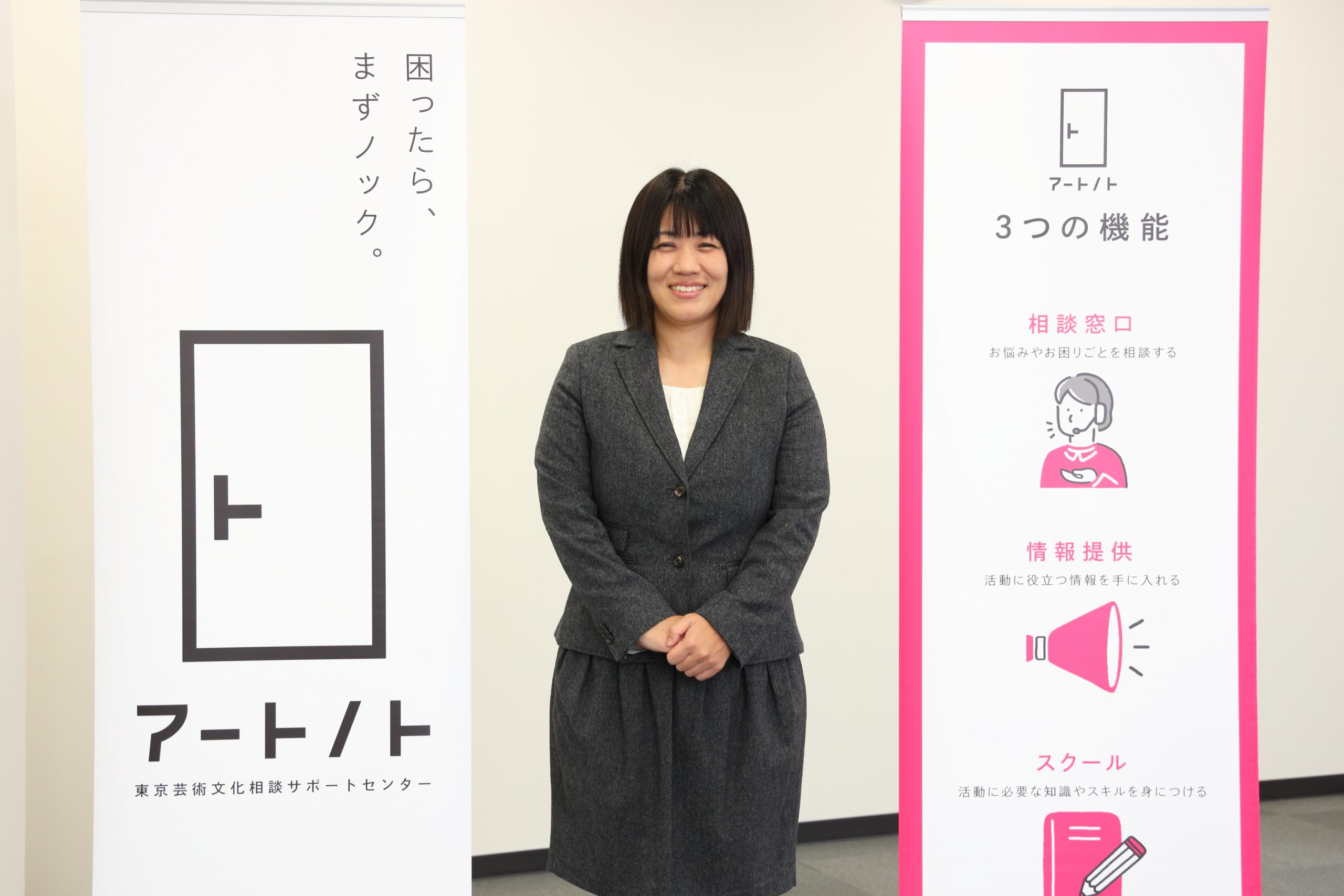
I am interested in the impact of arts and culture on community revitalization. Until most recently, I worked at a community-based public cultural facility in another city.
The community in which the facility was located had a super-aging population and an extremely low birthrate, and most of visitors were elderly people. In the beginning, I often heard from people, especially the elderly, that they were interested in looking at paintings or listening to music, but not easy to pay for it. Committed to figuring out how to provide such people with opportunities to appreciate art, I kept changing my approach and learning through trial and error. Finally, after years of work, I could feel that the situation and environment in the community was changing, and it brought me a sense of satisfaction and joy.
Later, I myself became a caregiver for my families member. I began to look for a job that would allow me to balance work and caregiving responsibilities, and was fortunate enough to become involved in the job of “providing useful information” at ARTNOTO. Our official website is the mainstay of our division, and we closely work together the consultation service and learning initiatives. People frequently view content on our website related to topics such as obtaining funding for activities and copyright laws they need.
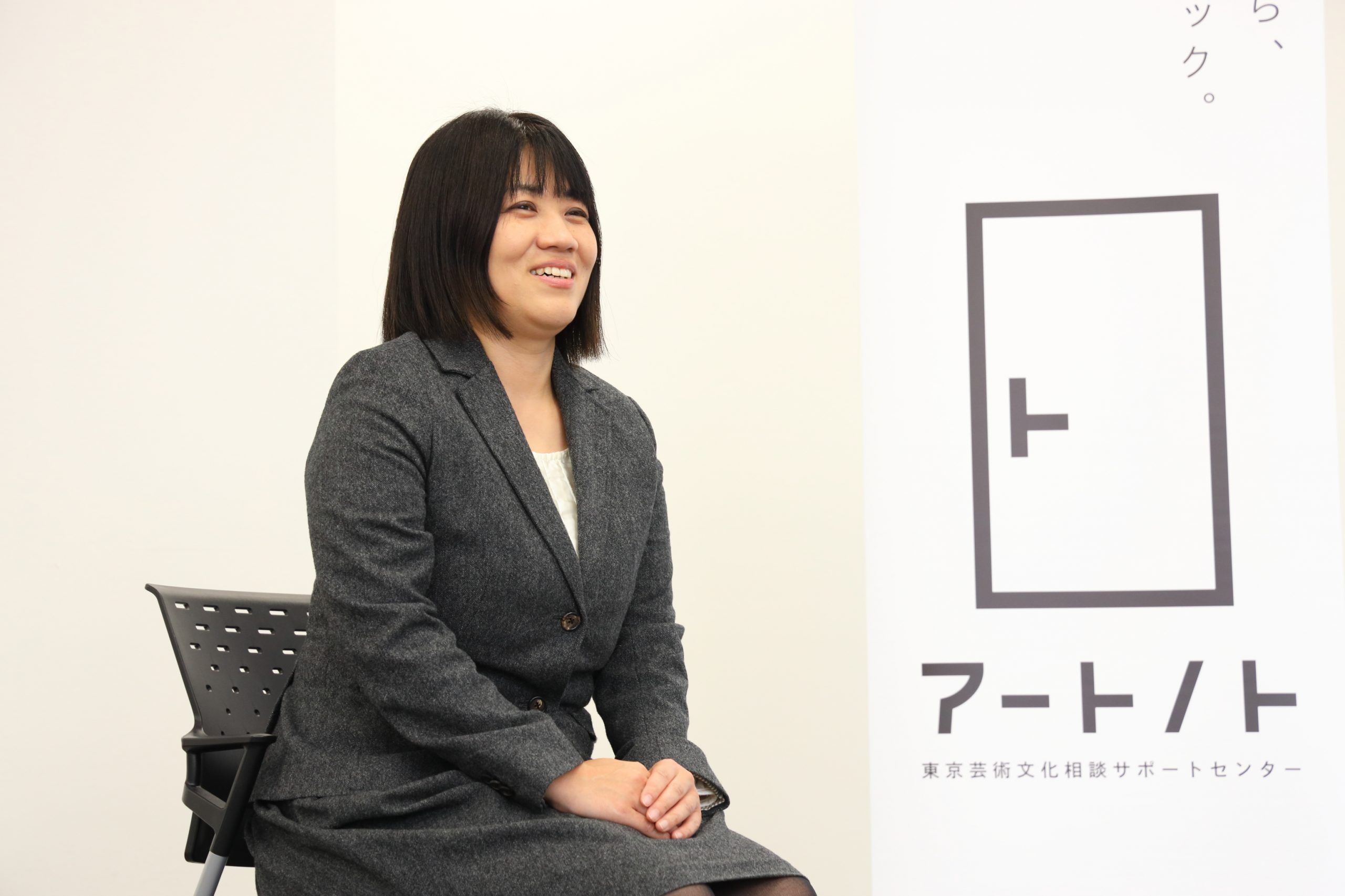
On the other hand, based on my experience so far, I think there are many people who cannot reach digital information if we do nothing. I want reach out to those people so that they can apply such information and knowledge to their own activities. In addition, local support systems for those involved in the arts and culture are becoming more widespread. I hope that as more people learn about ARTNOTO, there will be growing awareness of the existence and necessity of such initiatives throughout the country.
“Planning learning programs based on my trouble experiences working in this sector.” Mariko Konno (Chief of “learning section”)
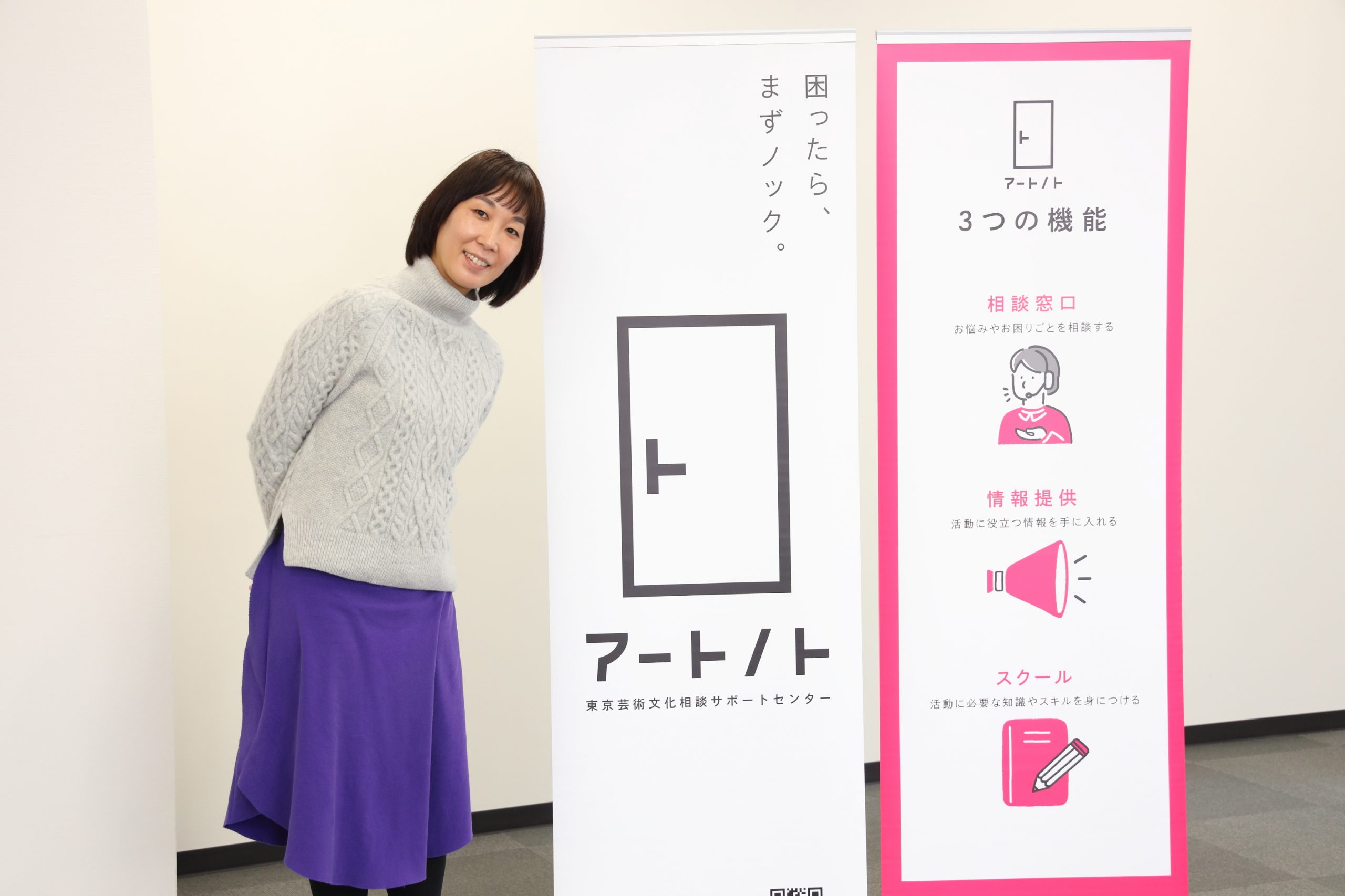
I attended an art high school and then art university, but instead of focusing on my own creative endeavors, somewhere along the way I became more interested in supporting creative environment. So I stopped studying art practices and instead went to the UK to study cultural policy and learn about the relationship between society and arts and culture. I was able to learn how art is positioned in society and the state of arts and culture in the political and social context of the UK and Europe. When I returned to Japan, this broad perspective helped me to consider the role of arts and culture in the context of Japan’s social structure. I also learned the term “intermediary support” then and came to think that I wanted to work in a job that supports the arts and culture and society.
After graduation, I worked as a production assistant for a dance company and was involved in the international arts festivals. However, I felt that I was not cut out for that role (laughs). I wanted to find something that I could do in the field of intermediary support, and here I am today.
I know my education up until now has been very biased (laughs), so I have had limited opportunities to learn, for example, how to deal with taxes or how to get funding for activities. I am still not very good at those things. I bet there are all kinds of people in creative fields who are not very good at them, either. My experience in managing grant programs over an extended period of time has also confirmed this. As I am working, I ask myself: Are there any takeaways from these experiences that I can incorporate into the lectures?
Among our learning initiatives, there is an ongoing series of interesting lectures called the “BUSINESS SKILLS for ARTS and CULTURE.” While we have also provided opportunities to learn about arts management in the past, this time we are taking a slightly unconventional approach. We are inviting a lecturer who supports for startup companies, and we are including topics such as “Is it really necessary to make money?” and “Capital available around you” as topics of discussion. It may seem unrelated between “arts and culture” and “startups,” but in fact they are very similar in that they both start with the idea of “creating something new.” I encourage everyone to watch the archived videos, as they provide a fresh perspective on business skills for those involved in the arts and culture.
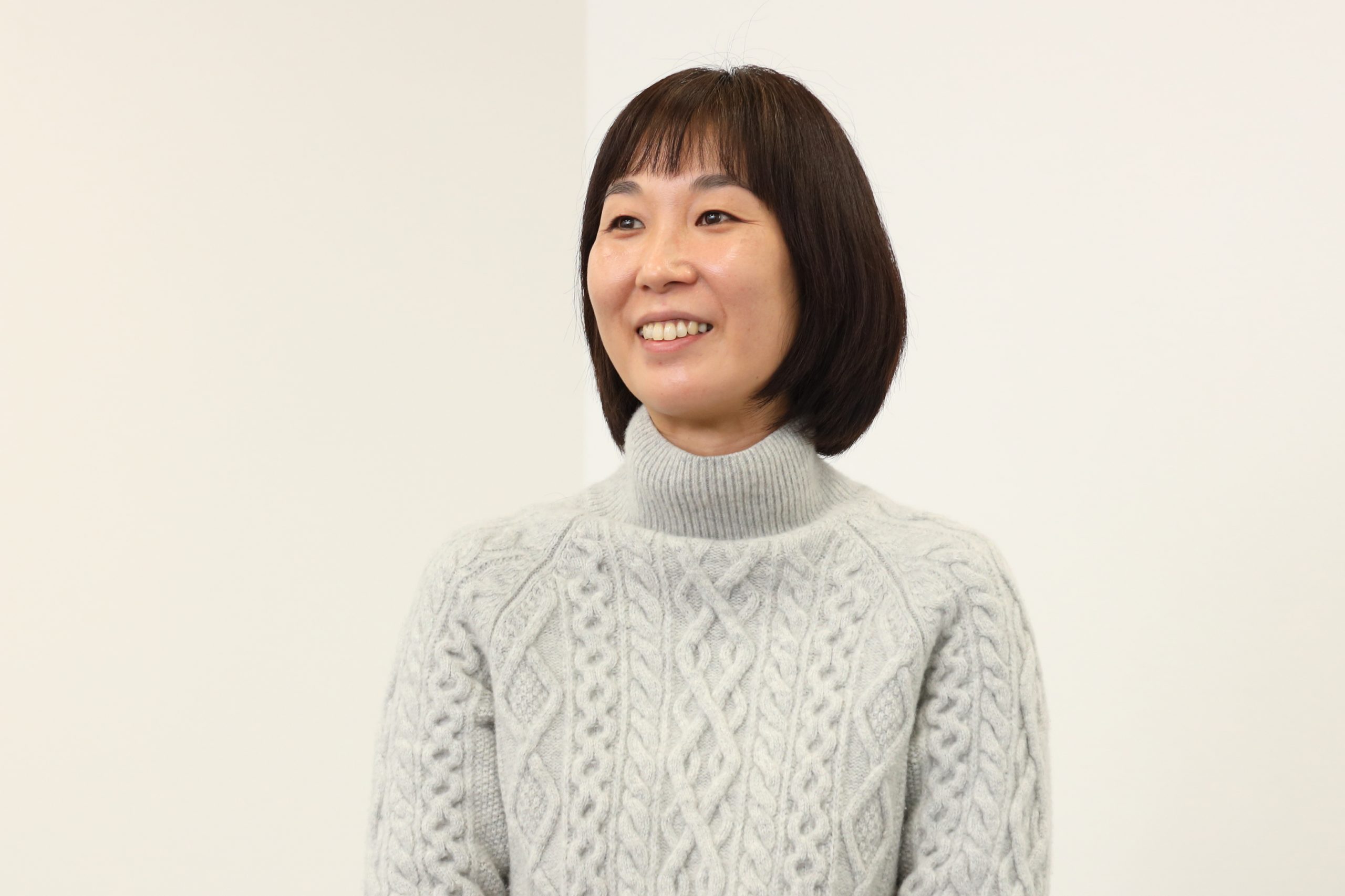
“We want to be a powerful ally for everyone involved in arts and culture.” Chie Otsuka (Managers of the Consultation and Support Division)
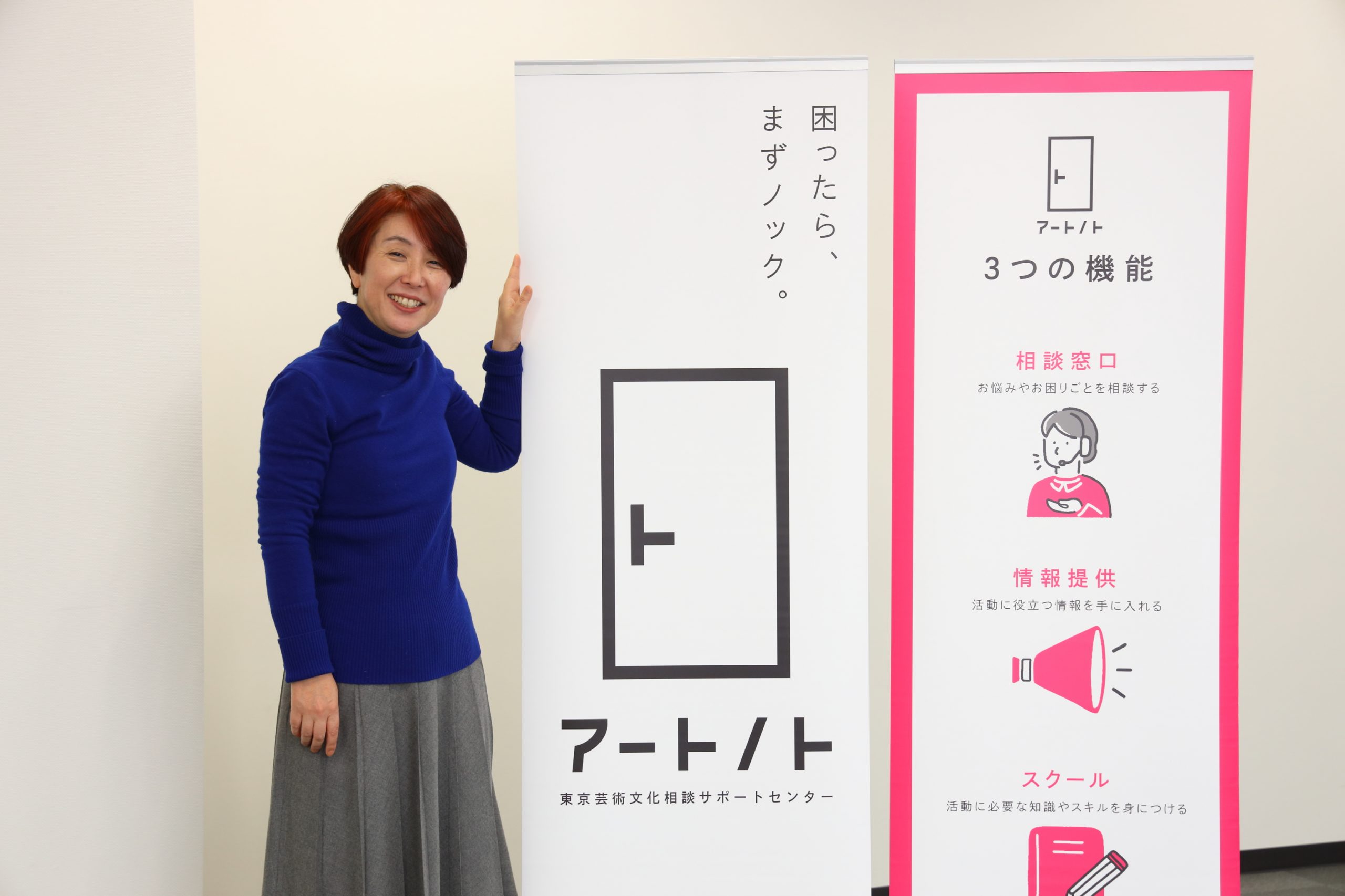
I used to work in the performing arts field and was a freelancer for a while. There was some time I felt difficult living in that field. Later, I worked in administration of disabilities, welfare specializing arts and cultural activities, and learned various social different programs and systems while studying to be a social worker. I sometimes wondered if people in the arts and culture field, including myself, were losing out on the benefits of such programs and systems just because they did not know about them. I think that people who bring energy and happiness to others through their artistic activities deserve social support through such programs and systems.
There is something called the global definition of the social work profession, which states that social work “promotes social change and development, social cohesion, and the empowerment and liberation of people” and that “principles of social justice, human rights, collective responsibility and respect for diversities are central” to social work. I was really attracted to that statement as a way of life. And I think that parts of it apply to the arts and culture as well.
Everyone knows that the arts have value that cannot be measured only in the market economy. That’s why it would be great if we could become a society where people (and artists themselves) see artists as entities to be protected and cherished.
I hope that ARTNOTO will become a powerful ally for everyone involved in the arts and culture, providing them with useful information and knowledge, as well as serving as a trusted consultation partner for any problems or concerns that may arise in their activities. First, it is essential to steadily build up a track record so that we can win everyone’s trust. For this to happen, I ask all the consultants at the “consultation service” to understand that they should not generalize an individual’s problems, but rather treat each one as a unique problem.
In addition to addressing individual concerns, we provide consultations on creative activities and presentations, and answer all kinds of questions, including those related to funding and incorporation. We also provide access to archived lectures to help people acquire the knowledge and skills they need for their activities. We would love for you to come and knock on the various doors that await you at ARTNOTO.
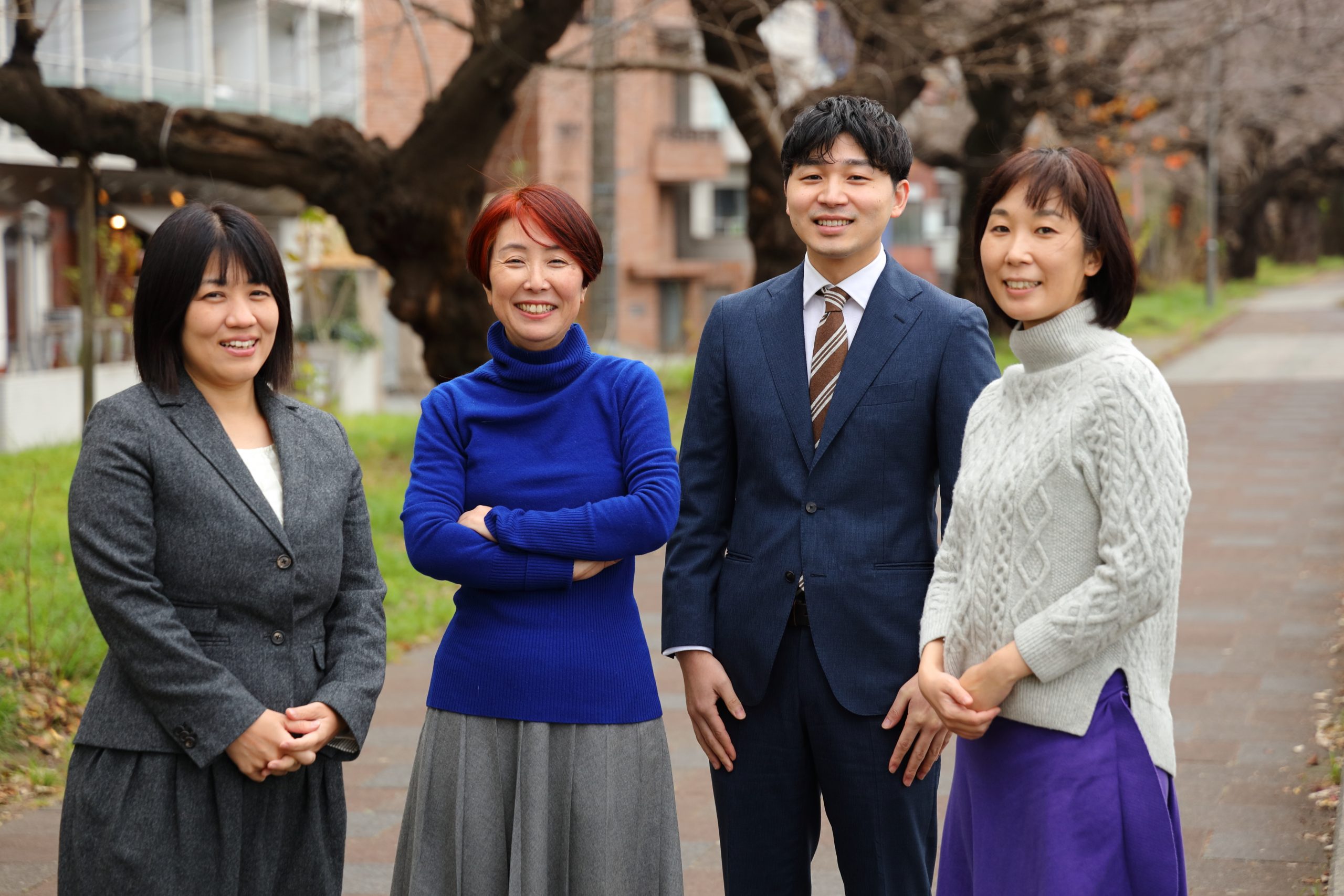
Reporting and text: Mikiko Chino
Photography: Yosuke Hoshino
Translation: Jena Hayama
Tokyo Support Center for the Arts and Culture ARTNOTO official website https://artnoto.jp/eng/ ARTNOTO official note.com account https://note.com/artnoto ARTNOTO official YouTube channel https://www.youtube.com/@artnoto_tokyo



